Travelling to a foreign country is exciting, but it often comes with unexpected challenges. Even the smallest details can make a big difference when you are far from home. To help you prepare, I’ve collected some essential Turkey travel tips that will be useful not only in Bodrum but across the whole country. My goal is to help you enjoy a smooth trip without getting stuck on minor issues.
Picture this: you arrive at Milas-Bodrum Airport after a long flight, eager to tell your loved ones you’ve landed safely. However, your phone is dead, and you quickly realise your charger doesn’t fit the socket. Or you’re enjoying dinner at a restaurant and notice tipping is not included on the bill, yet you don’t have enough cash in your wallet. Such moments won’t necessarily ruin your holiday, but they can easily create stress and put you in an awkward situation.
The following Turkey travel tips focus on small yet impactful details that can save you from those “I wish I knew” moments. Together with my stories on Bodrum Blog and the practical information in Turkey Travel Guides, these insights will help you feel more confident and prepared for your Turkish adventure.
On this page
Understanding the Turkish Lira
When travelling in Turkey, it is important to get familiar with the local currency. Turkish banknotes and coins come in different denominations, each showing historical figures or cultural heritage. Knowing what to expect will simplify your daily transactions, protect you from confusion, and ensure fair exchanges during your trip.
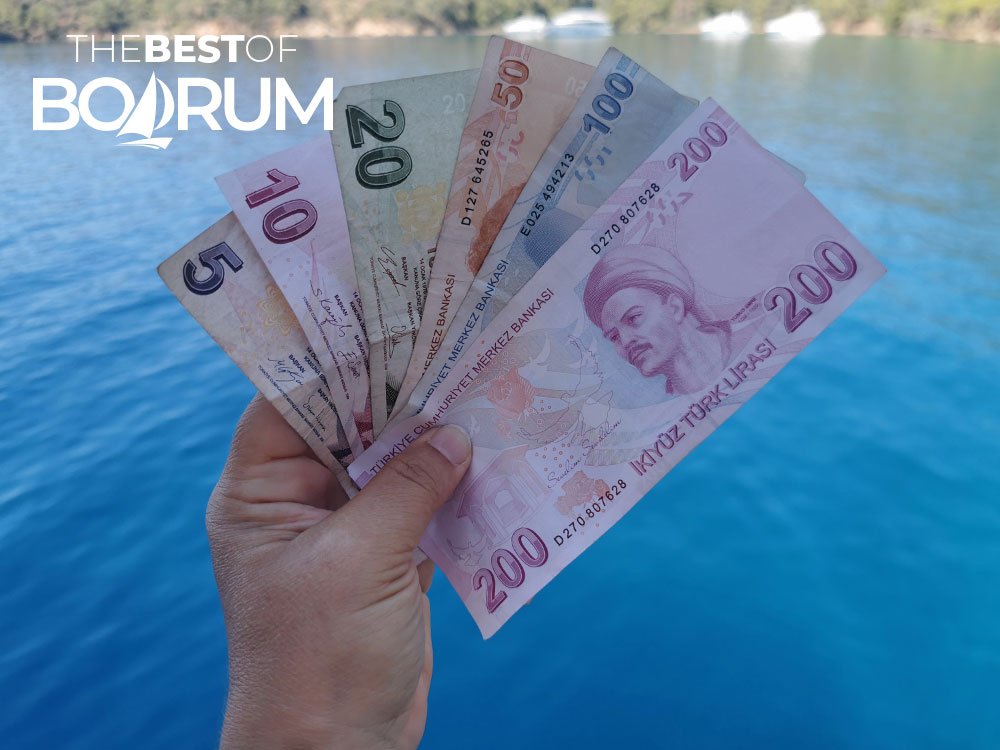
The Turkish Lira is not just a medium of exchange. It also carries symbolic meaning for locals. Damaging, writing on, or speaking disrespectfully about banknotes is considered offensive because the currency represents the Republic of Turkey itself. Like the national flag or Atatürk, the founding father, the Lira reflects national identity.
This makes learning about Turkish money one of the most practical Turkey travel tips you can follow before your trip.
Turkey Travel Tips for Exchanging Currency
For more than half a century, Turkey has experienced high inflation. Turkish people have developed their own investment practices to preserve the value of their modest savings as cost of living increases and average income decreases. Many prefer to invest in real estate, while those with smaller budgets often turn to gold or foreign currencies such as the US Dollar or Euro.
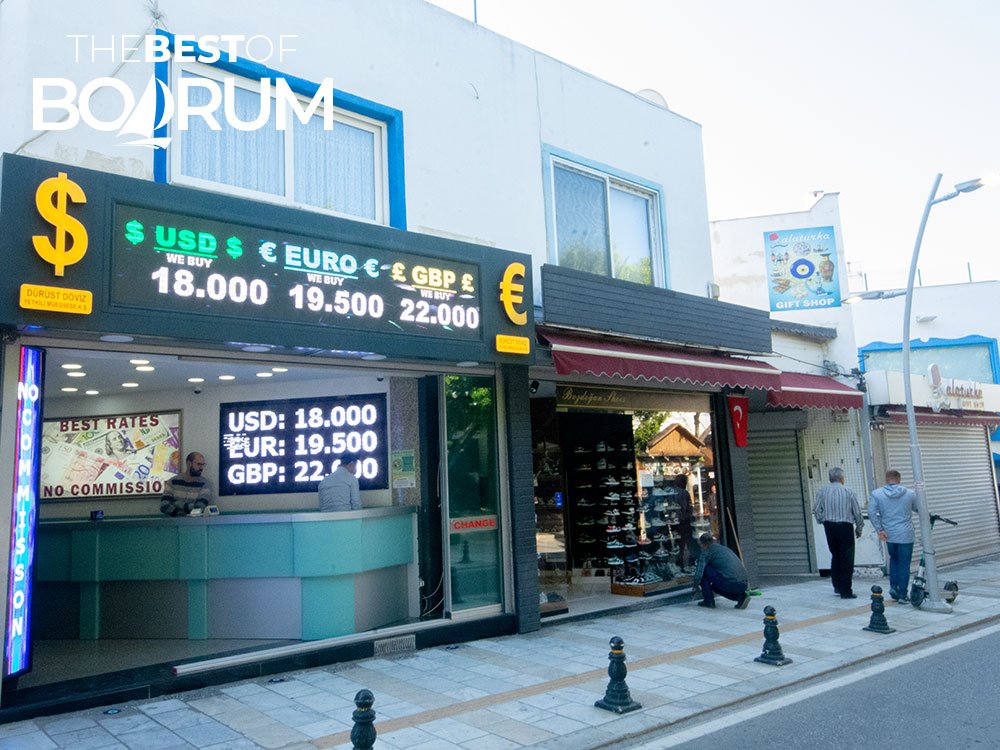
Because of this tradition, jewellery shops and exchange offices are common in every city and most towns. As an international traveller, you will notice that exchange rates vary between banks, exchange bureaus, and the Central Bank of Turkey. To avoid unfavourable rates, one of the most useful Turkey travel tips is to check multiple sources before exchanging money. I usually compare banks and exchange offices before making a decision, and my notes on Money Exchange in Turkey may give you an idea of what to expect.
A little preparation ensures you don’t lose more than necessary when converting your money to Turkish Lira.
When You Should Be Tipping in Turkey
Tipping habits differ from country to country. In Turkey, tipping is not mandatory but is welcomed in restaurants, cafés, and several service sectors. It is viewed as a way to express gratitude for good service.
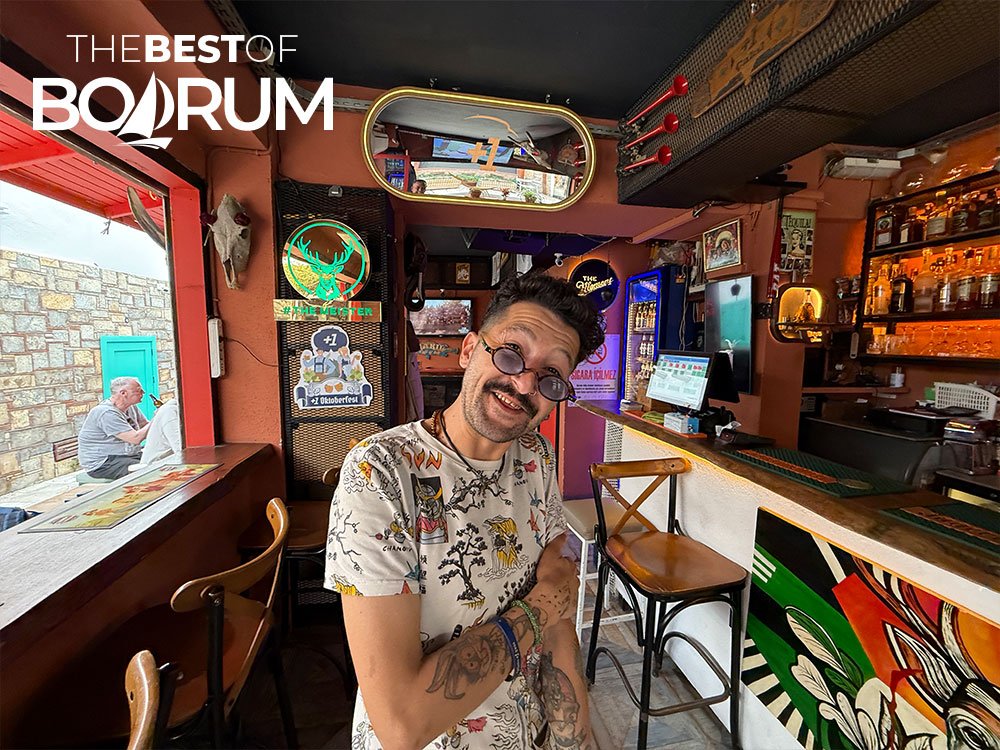
Knowing when and how to tip is one of the most helpful Turkey travel tips for visitors. Leaving a small amount on the table in restaurants, rounding up the bill in cafés, or giving a few Liras to delivery drivers are all considered polite gestures. From my own travels, Tipping in Turkey has always been one of those details that makes me feel more comfortable when blending into local customs.
Measurement Units in Turkey
Turkey uses the metric system. If you are not used to kilometres, kilograms, or Celsius, it may take a little adjustment. For example, road signs will show distances in kilometres, market stalls display food prices by kilogram, and weather forecasts report in Celsius. To make sense of it all, I keep some quick references handy, and Measurement Units we use in Turkey has been one of the most practical tools during shopping and travelling.
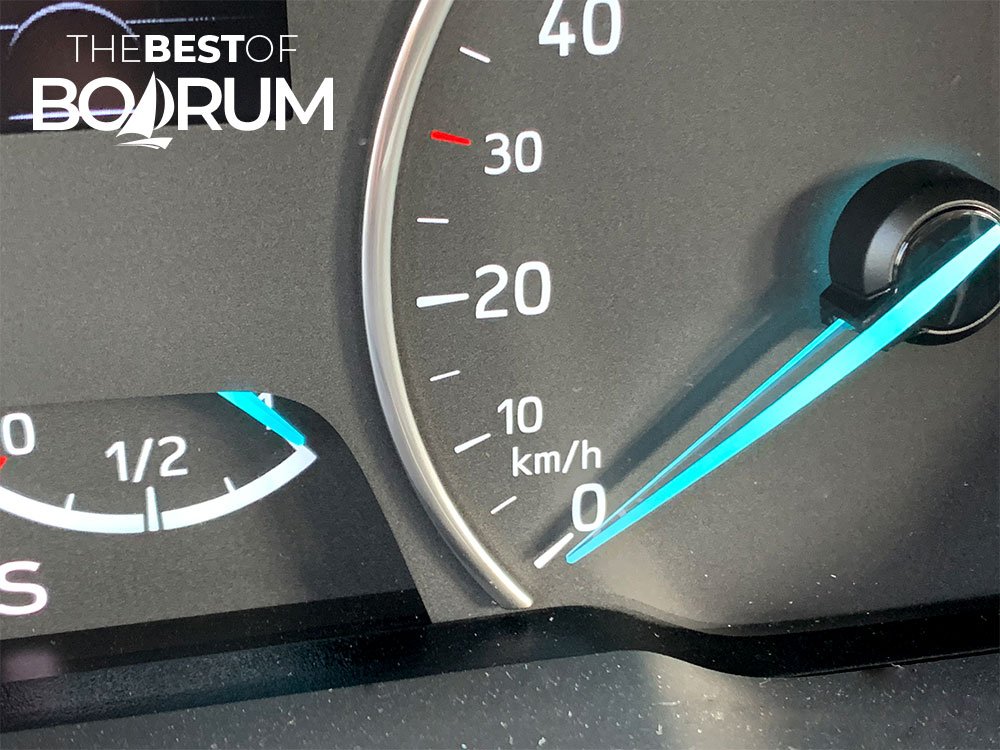
Having a basic understanding of these units is one of those small but valuable Turkey travel tips. It will save you time in everyday tasks like grocery shopping, reading road signs, or checking the weather. For ease, you might also keep a simple conversion app on your phone.
How Electricity Works in Turkey
Electric systems differ across the world, and Turkey has its own standards.
Years ago, during my first visit to the UK, I had no idea that I needed an adapter for my laptop. I arrived at a hotel in Swindon after midnight, and realised my charger didn’t fit the socket. Back then, I was in my 20s with very limited international travel experience. Thankfully, the hotel had adapters at the desk, and the problem was solved quickly. Still, I remember the panic like it was today. That’s why I believe even simple advice like this can be useful to at least one traveller.
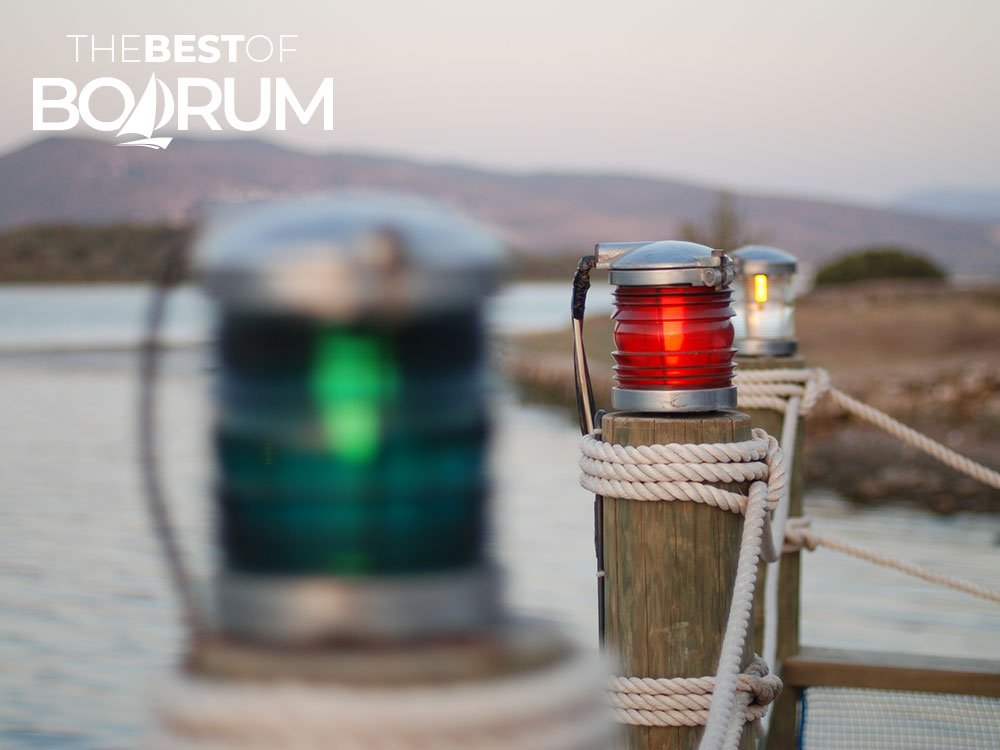
Before packing, it’s worth checking what kind of sockets you use at home. Preparing the right adapter in advance is one of those Turkey travel tips that saves time and prevents frustration. During my trips, checking plug types and voltages in advance became a habit, and I’ve explained what travellers need to know in Electricity in Turkey.
Final Words from the Aegean Traveller
Small details often shape the bigger travel experience. By following these Turkey travel tips — from handling the Lira and exchanging money to tipping, understanding metric units, and electricity — you will spend less time solving problems and more time enjoying your holiday.

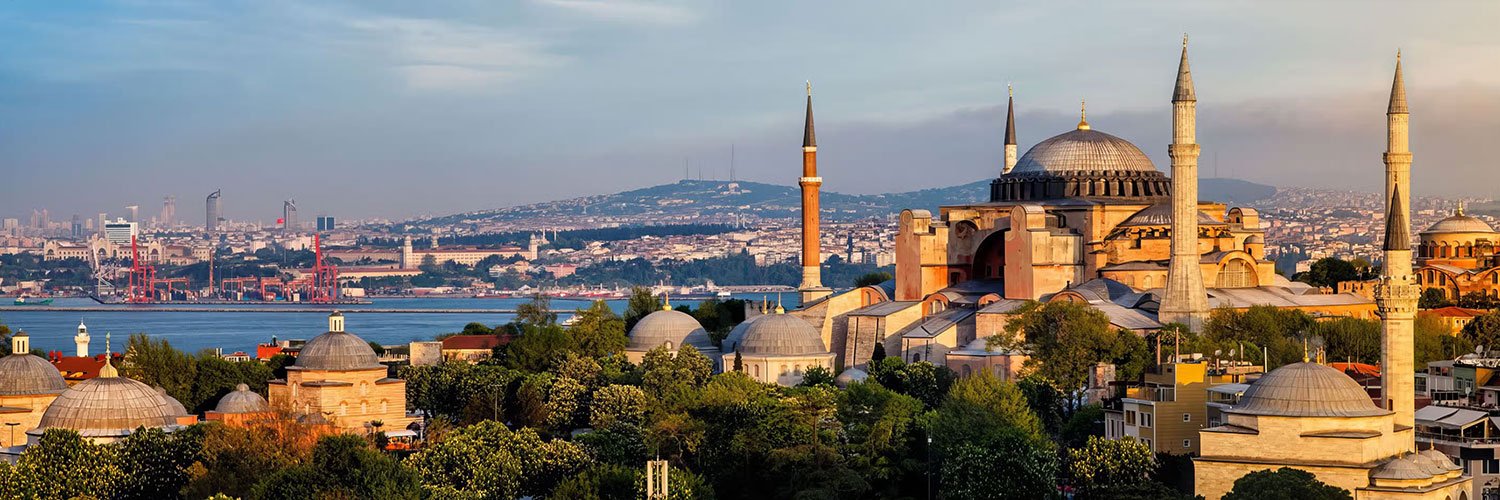

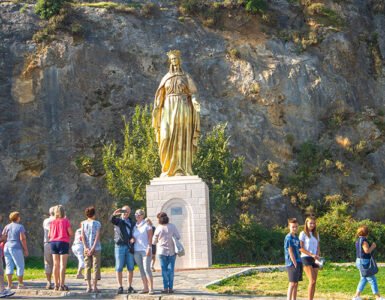



Add comment